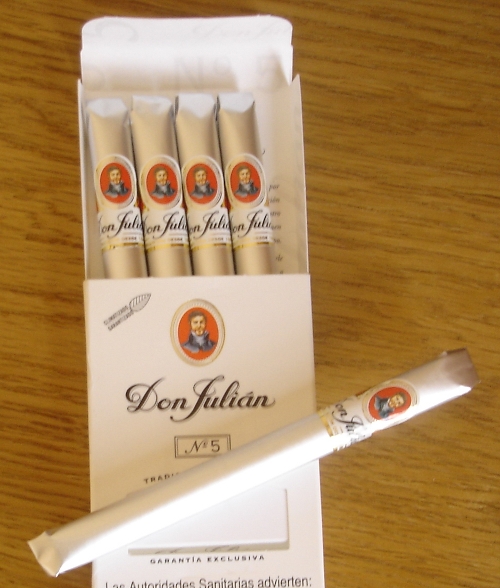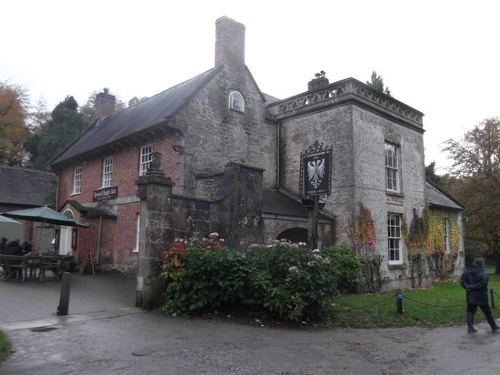The Great Beauty
La Grande Bellezza
I'm going to tip The Great Beauty for an Oscar this year. It's up for Best Foreign Language Film and truly deserves it. I can't say I've seen the other films in the same category, but I know this film will take some beating. Certainly, if the betting odds are anything to go by: the film is 'odds on', and the best odds I've seen are 2/7.
And I watched this film twice over a single weekend, which has to say something.
The film was directed by Paolo Sorrentino with a painterly eye. The title of the film could be used to describe the cinematography; the film, using Rome as a backdrop, is shot so beautifully. The Eternal City has never looked so enticing, so sumptuous, and, well, eternal. This isn't the Rome of Acattone in Pasolini's film of the same name; another Tweed Pig favourite.
The protagonist of The Great Beauty, a journalist called Jep Gambardella — played by Toni Servillo — has just turned 65. The film starts with his 65th birthday party, a significant milestone in his life. We then witness the life Jep has established for himself in the city; the night-life of parties and seductions that has become an almost mechanical routine. We feel the emptiness and decadence of it all; the self-denial and repression beneath the gloss and the glitz.
Jep steps back and begins to examine the life he has led with creeping disillusionment. Does he feel fulfilled? Are the lives of the people he observes around him fulfilling? He can see beauty on the surface, but can he see meaning? Has he squandered the opportunity for real meaning in his own life?
The film is driven by dialogue that crackles with wit and venom. Precipitated by Jep's reassessment of his own life, he highlights the absurdity of the lives of his friends.
Interestingly, in the moments when Jep is enjoying simple pleasures away from his usual circle — observing children playing, eating soup with his editor, wandering the streets of Rome — the patrician mask falls and we feel he gets closer to the true meaning of beauty.
Nice Music
The film has a soundtrack of two halves. The dance music for the party scenes is largely forgettable, but the juxtaposing spiritual music of Arvo Pärt, Sir John Tavener, Vladimir Martynov and Henryk Górecki is used to dramatic, elegiac effect. Stay watching for its use in the long tracking shots of Rome in the end credits.
Cesare Attolini of Naples
A special Oscar-laden mention for the tailors behind Jep's relaxed yet elegant wardrobe. Cesare Attolini of Naples was involved in the creation of this stunningly bright look. Okay, I watched the film twice to look at the clothes.














